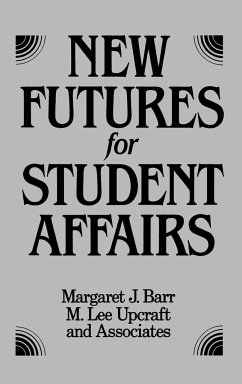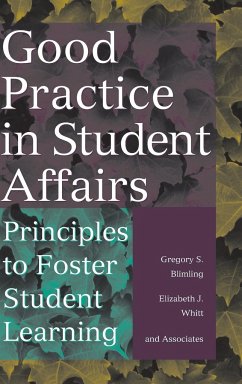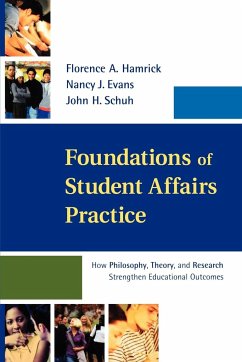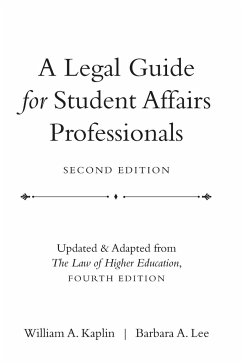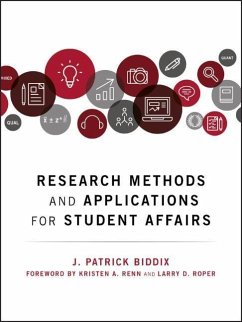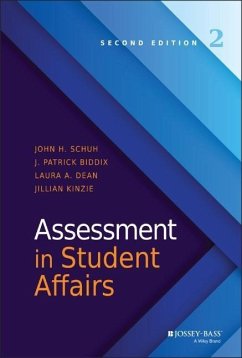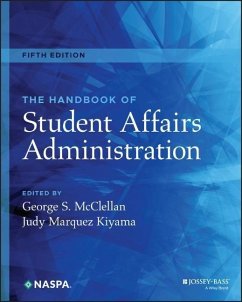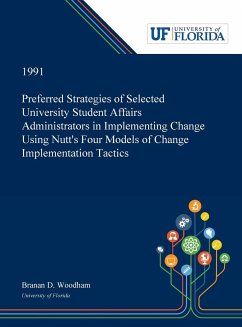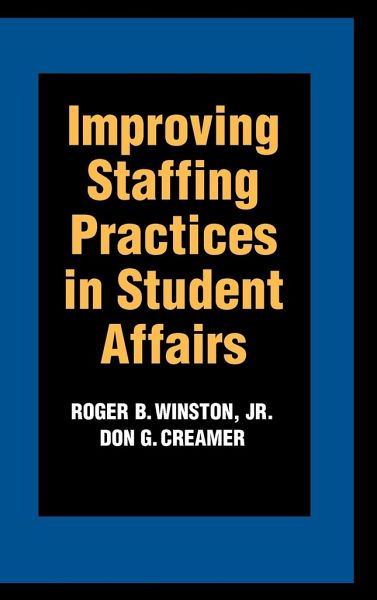
Improving Staffing Practices in Student Affairs
Versandkostenfrei!
Versandfertig in über 4 Wochen
42,99 €
inkl. MwSt.

PAYBACK Punkte
21 °P sammeln!
An informative guide for student affairs professionals on recruiting, training, and developing a truly professional and dedicated staff.Improving Staffing Practices in Student Affairs presents the state-of-the-art of staffing practices in student affairs and provides practical recommAndations for improvement. The book is filled with illustrative examples, helpful case studies, and down-to-earth suggestions that offer an integrated approach to the selection, orientation, supervision, development, and evaluation of staff. The authors apply the values of the profession to the realm of staffing, t...
An informative guide for student affairs professionals on recruiting, training, and developing a truly professional and dedicated staff.Improving Staffing Practices in Student Affairs presents the state-of-the-art of staffing practices in student affairs and provides practical recommAndations for improvement. The book is filled with illustrative examples, helpful case studies, and down-to-earth suggestions that offer an integrated approach to the selection, orientation, supervision, development, and evaluation of staff. The authors apply the values of the profession to the realm of staffing, to show how student affairs divisions can attract and maintain a dedicated staff of the highest quality.





